Are Cats Cleaner Than Dogs? The Surprising Details
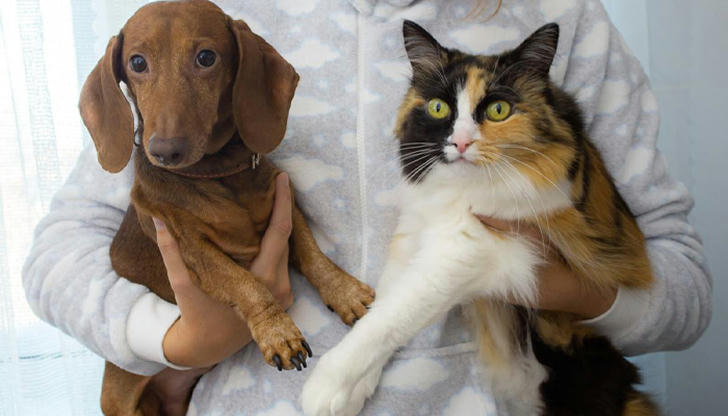
Cats engage in frequent self-grooming, seemingly making it a favorite pastime. Due to their indoor lifestyle, cats generally require less bathing than dogs, as they are not exposed to outdoor mischief like rolling in unpleasant substances or playing in mud puddles, which is more common for dogs. The distinct grooming habits of cats contribute to the perception that they are cleaner than dogs, who tend to get dirtier due to their outdoor adventures.
How are cats cleaner than dogs?
We are aware that cats are known for their thorough grooming habits, but it's worth noting that dogs also engage in self-grooming, although they generally don't dedicate as much time to it as cats do. Moreover, dogs and cats exhibit distinct bathroom behaviors, and the odor of cat fur typically differs from that of dog fur. Considering these variations, let's delve deeper into the topic.
Cats vs. Dogs – Grooming
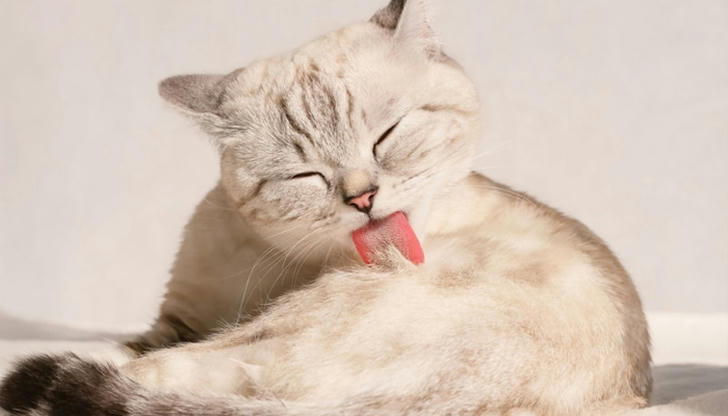
Cats are renowned for devoting a significant amount of time, approximately 30% to 50% of their daily activities, to grooming themselves, according to information from Cornell University College of Veterinary Medicine. Conversely, dogs do engage in licking themselves, but it serves different purposes. Dogs may lick due to itching or skin allergies rather than for grooming purposes. Their grooming activities are limited, often involving paw licking for dirt removal and cleaning their genital areas. In essence, dogs rely on their human caregivers for hygiene when they become dirty or emit unpleasant odors.
Notably, the structure of a cat's tongue sets it apart from a dog's. A cat's tongue is equipped with numerous barbed papillae resembling sandpaper. These keratin protein spines play a crucial role in lifting dirt, debris, dry skin, and loose hair from the fur. In contrast, dogs lack this natural ability. This distinction contributes to the potential for dogs to develop odors, as cats can effectively eliminate particles that may cause unpleasant smells.
Cats vs. Dogs – Bathroom Habits
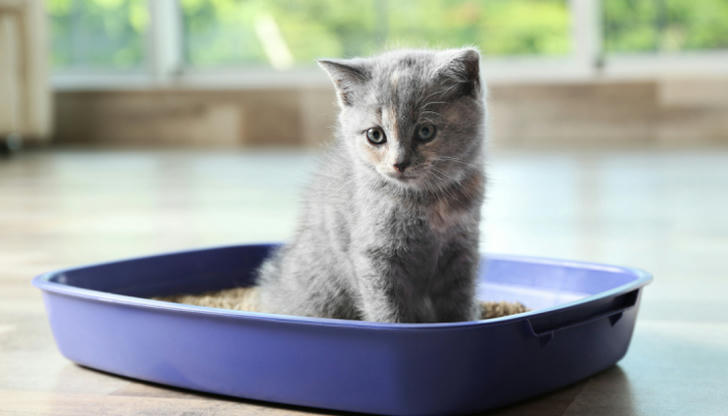
Certainly, dogs have distinct bathroom preferences compared to cats. Dogs generally prefer outdoor spaces, particularly patches of grass, or even concrete if grass is unavailable, for relieving themselves. While dogs can be trained to potty outside, occasional accidents indoors may still occur.
In contrast, house cats exhibit different bathroom habits. They prefer using a litter box in private, typically favoring clean boxes located in low-traffic areas. Cats may even choose to relieve themselves outside the litter box if it doesn't meet their cleanliness standards, highlighting their selective nature.
Addressing the issue of standing in the litter, cats are meticulous about avoiding contact with their waste. They use sand and litter to cover up evidence and often groom themselves after using the litter box to maintain cleanliness.
In terms of bathroom habits, dogs may have a slight advantage as they relieve themselves outdoors and usually do not bring evidence back inside. On the other hand, cat owners need to manage litter box smells, recognizing that a cat may avoid using the litter box if it appears unsanitary, emphasizing the owner's responsibility to maintain a clean and odor-free litter box.
Cats vs. Dogs – Shedding
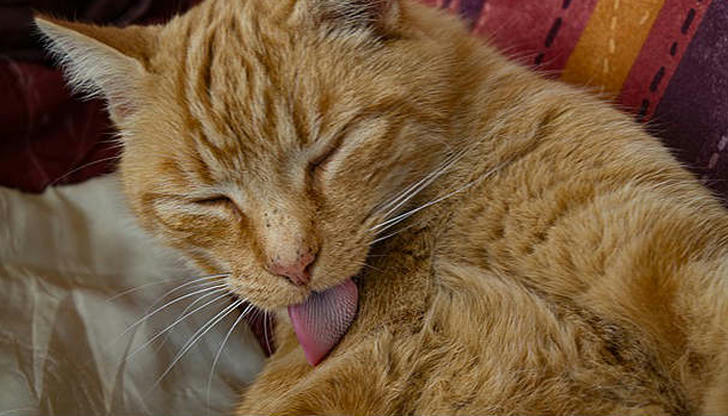
While both cats and dogs experience shedding, the extent of shedding can vary among different breeds. Shedding is a natural and essential process for both animals, and it's not a reliable factor to determine cleanliness. However, when it comes to the cleanliness of their fur, cats seem to have the upper hand. Cats are known for keeping their fur clean and shiny through meticulous grooming, using their barbed tongues to remove dirt, debris, and loose hair. This grooming behavior contributes to the overall cleanliness and sleek appearance of a cat's coat.
Cats vs. Dogs – Dental Hygiene
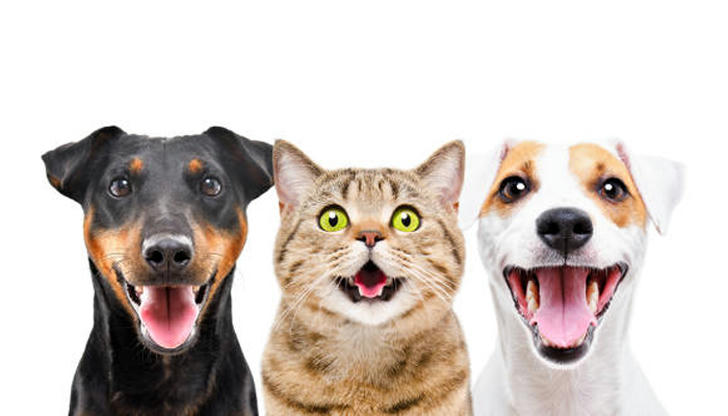
Maintaining good dental hygiene is crucial for the overall well-being of both cats and dogs, and it's an aspect that should not be overlooked. While cats are diligent groomers and appear to have clean mouths due to their grooming habits, the reality is that they, like dogs and humans, harbor bacteria in their mouths.
To illustrate, consider a cat's litter box. Despite a cat's preference for a clean box, there's a possibility of stepping in feces or urine during one of their grooming sessions, leading to the ingestion of these substances. In essence, both cats and dogs face challenges in maintaining pristine dental hygiene, and it could be considered a draw between the two in terms of cleanliness and oral health. Regular veterinary check-ups and appropriate dental care are essential for ensuring the well-being of both cats and dogs.
In conclusion, in the ongoing debate about whether cats are cleaner than dogs, cats tend to take the lead due to their meticulous grooming habits. However, it's essential to recognize that both cats and dogs benefit from occasional assistance to maintain optimal cleanliness. This includes attention to dental hygiene and brushing their coats as necessary.
It's crucial to be attentive to any unusual odors emanating from your cat, as this could indicate an underlying medical condition, such as an infection. In such cases, a visit to the vet is recommended to ensure the health and well-being of your feline companion. Overall, both cats and dogs make wonderful pets, each with their unique traits and care requirements.
